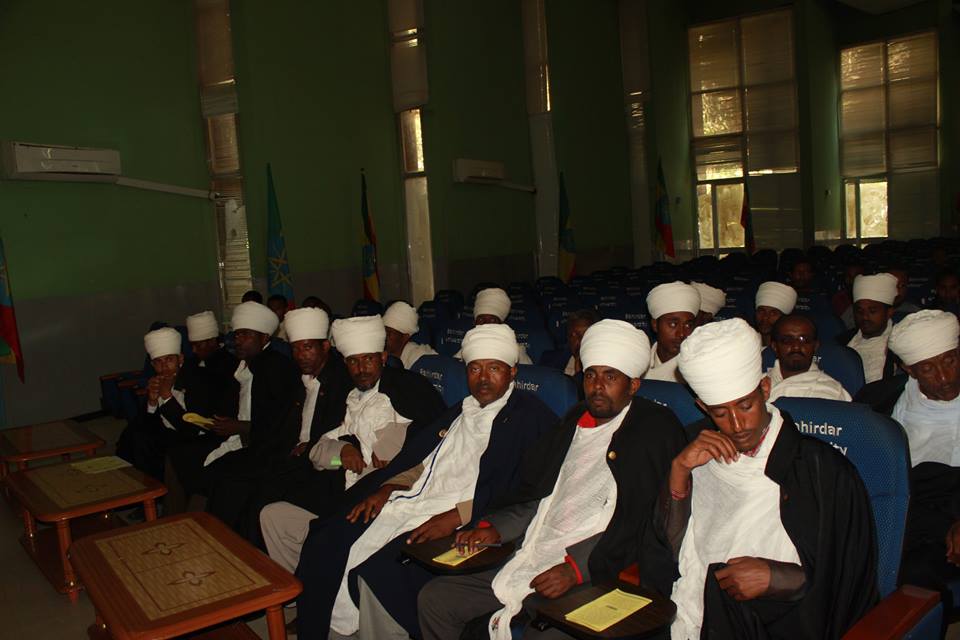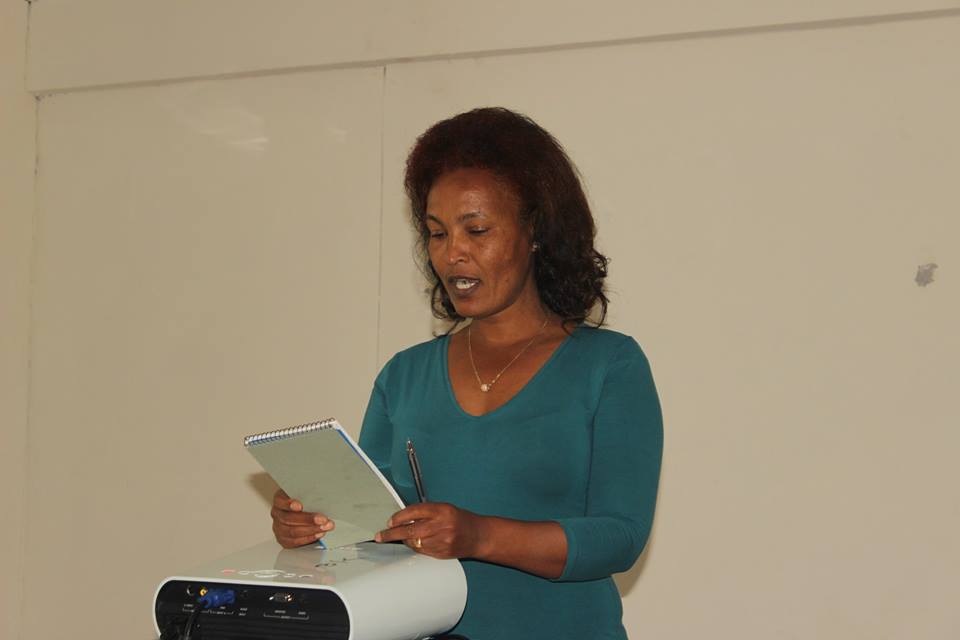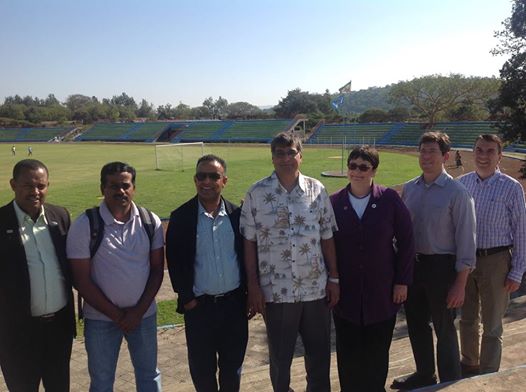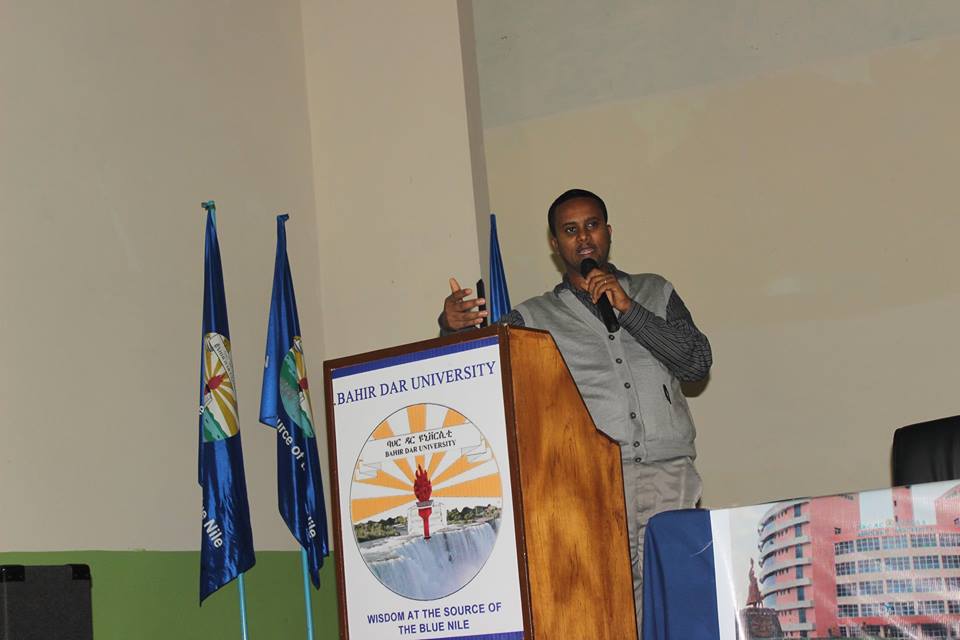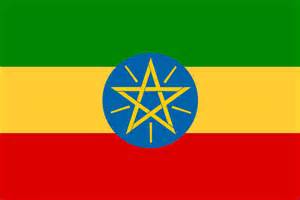Bahir Dar University has participated in the 8th Forum of the Public Universities found in the Amhara Region at Woldia University.
The objective of the forum was to exchange the good performances accomplished in the preceding academic year by member universities, and to identify and forward relevant solutions to the challenges experienced by those universities.
The forum also aimed at scaling up good models, exchanging experiences in t-Learning, Research, Community Services, Good Governance, and applying those good experiences in the future.
The forum has generally focused on dealing with the regional and national problems, and creating a platform for member universities to engage in resolving these problems and bettering the life of our citizens.
The forum has so far been launched an interdisciplinary journal, and is working in partnership with other organizations by identifying necessary themes in areas of agriculture, health and education.
The representatives of the health and education bureaus of the Amhara National Regional State, presenting papers on the event, have outlined possible areas of collaboration with members of the forum.
The President of the host university, Woldia University, Professor Yalew Endawek, said on the event that since the inception of the forum, some contributions are made in scientific and technological developments. “We must work towards breaking the spirit of impossibility in this country!” Professor Yalew underlined.
Indicating that successful things have so far been done in areas of secularism, Professor Yalew assured the audience that Woldia University will continue to determinedly contribute in this forum.
On the event, representatives of the seven member universities have made their reports of the final year accomplishments of 2006 E.C.
Specific discussions on the preparation for the academic year of 2007 were made particularly focusing on peaceful teaching and learning and the fulfillment of necessary inputs for the success of the academic performance.
It has also been indicated that trainings offered to instructors, students, and administrative staff at the beginning of the present year were rated successful in all the member universities of the forum.
Public Relations, Participation and Organization Advisor to Amhara National Regional State President under a Vice President Portfolio and, Administration Board Chairperson of Bahir Dar University, Mr. Alemnew Mekonnen, indicated on the event that the major problems observed among the staff of those member universities, these days, are primarily related to lack of high level thinking, understanding and lack of knowledge and skills.
In order to tackle these fundamental challenges, an intellectual forum of this kind is instrumental in shaping the staff of the respective member universities through experience sharing; Mr. Alemnew said.
The regional government, according to Mr. Alemnew, expects from these universities to accomplish their roles successfully and to contribute their parts to the current process of the transformation of the country.
And he vowed, on behalf of the Amhara national Regional State, that the regional government will always be by the side of the universities.
In discussing the future direction of the forum, Mr Alemnew has stressed that the supportive staff of the member universities need to be given a continuous training on ethics of service and accountability.
In connection to the challenges observed in relation to good governance among the students, Mr. Alemnew called for displaying good leadership. “The member universities ought to focus on community oriented and practical and problem-solving research”, Mr Alemnew.
On the forum, member universities have reached an agreement to build a skilled generation of human resource that actively and efficiently engage in the present process of national transformation.
This noble goal can be achieved through building an army of scientifically and technologically equipped young generation and member universities staff. In connection to students, Peer –led learning will be strengthened in all member universities to build a sense of cooperation and collaboration among the students and staff, said the President of Bahir Dar University and the chairman of the forum Dr.Baylie Damtie.
According to Dr.Baylie Damtie, it is not enough to publish research findings, but they must be applied to bring about societal change.
Member universities pledged to build the tradition of good governance based on transparency, and to build a research partnership among themselves and with other stakeholders to engage in solving the country’s problems.
Community services focusing on modeling jobs where the universities are creating scientific models like model rural village and model solar village that can be expanded to the majority of the society by the regional government if proven appropriate. Short- term and long-term trainings and the evaluations of their outcomes will be performed.
Bahir Dar University has been chosen to host the 9th forum, and it was decided that nine participants from each member university, including student representatives, will be attending the conference beginning with the upcoming forum.
The Forum was established in November, 2012. And just in two years, the forum is partnering with other organizations in areas of education, health and others with organizations like Amhara Development Association (ADA).






